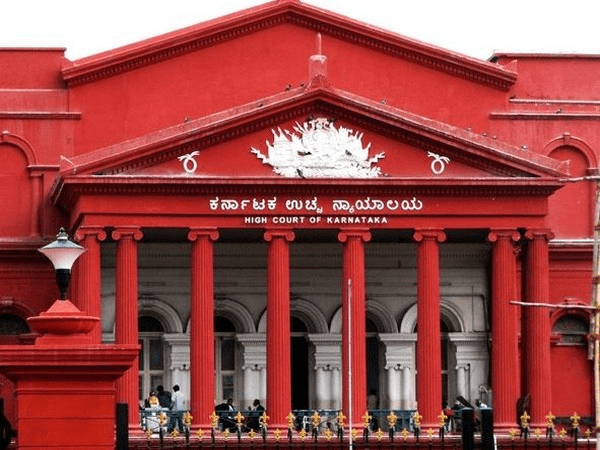The Karnataka High Court on Tuesday sought the response of the Central government in a petition challenging the validity of Section 2(c)(i) of Contempt of Courts Act.
A bench headed by Chief Justice A.S. Oka issued notice to the Centre while hearing the petition filed by journalist Krishna Prasad, Supreme Court lawyer Prashant Bhushan, Hindu Group Director and journalist N. Ram and former Union Minister Arun Shourie.
The petition challenges the validity of Section 2(c)(i) of Contempt of Courts Act, which criminalises publication of any matter which could scandalize or lower the authority of the courts.
The Contempt of Courts Act provides for two kinds of contempt: civil contempt and criminal contempt. Section 2(c) deals with criminal contempt and deals with publication of any material or commission of any act against courts. The petitioners have challenged sub-clause (i) in the provision which has three sub-clauses which explain when such a publication or act could amount to criminal contempt. According to Section 2(c)(i) , which criminalises any publication or act on the ground that it scandalizes or lowers the authority of the court.
The plea states,
“The impugned sub-section violates the right to free speech and expression guaranteed under Article 19(1)(a) and does not amount to a reasonable restriction under Article 19(2). The impugned sub-section creates a chilling effect on free speech and expression.”
The petitioner made reliance on the Supreme Court judgment, restating the position adopted in the Constitution Bench decision in Kameshwar Prasad (Supra), held in Shreya Singhal v. Union of India (2015) where the Apex Court held that to hold that remote disturbance of public order by demonstration would fall outside Article 19(2). The connection with public order has to be intimate, real and rational and should arise directly from the demonstration that is sought to be prohibited.
“In view of the colonial foundations of and justifications for the offence, as well as its sweeping breadth, the aim of the impugned sub-section is to immunise courts from criticism and to maintain public confidence in the courts by this route (rather than leaving confidence to follow from the manner in which court functions are discharged), does not satisfy the first prong,”
the petition reads.
The petitioners have prayed for framing rules and guidelines that define the process that superior courts must employ while taking criminal contempt action, keeping in mind the principles of natural justice and fairness.
Earlier, the petitioner had approached the Apex Court challenging the validity of the same provision which was later withdrawn with the apex court granting them the liberty to approach the High Court on the issue.


